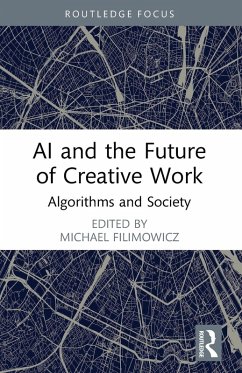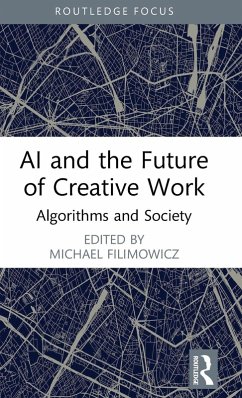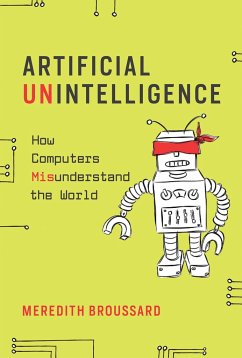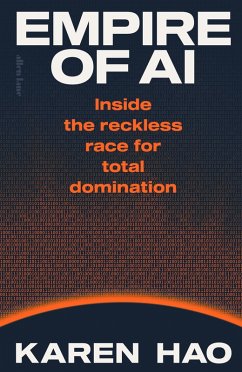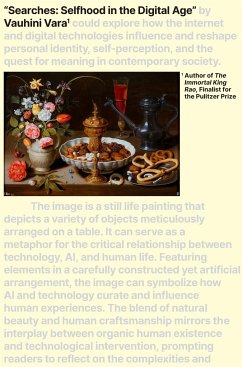
Technology and the Future of Work
Reshaping the Workplace
Versandkostenfrei!
Versandfertig in 6-10 Tagen
43,99 €
inkl. MwSt.
Weitere Ausgaben:

PAYBACK Punkte
22 °P sammeln!
This book examines how the progress of digital technology is transforming the world of work, skill demand, labour market institutions, and regulations in countries like India. It studies the challenges, opportunities, and current and future contributions of digital technologies. The volume poses salient questions regarding the ICT sector, I4.0 technologies, the gig economy, remote work, and the regulatory environment, and interrogates the policy and regulatory measures needed to promote more inclusive and decent work in the future.Part of the Towards Sustainable Futures series, this book will ...
This book examines how the progress of digital technology is transforming the world of work, skill demand, labour market institutions, and regulations in countries like India. It studies the challenges, opportunities, and current and future contributions of digital technologies. The volume poses salient questions regarding the ICT sector, I4.0 technologies, the gig economy, remote work, and the regulatory environment, and interrogates the policy and regulatory measures needed to promote more inclusive and decent work in the future.
Part of the Towards Sustainable Futures series, this book will be an essential read for scholars and researchers of economics, sustainable development, sociology of work, labour economics, Indian economy, public policy, and human resource management. It will also be extremely useful to policymakers, government organisations, civil society organisations, and those in the corporate sector.
Part of the Towards Sustainable Futures series, this book will be an essential read for scholars and researchers of economics, sustainable development, sociology of work, labour economics, Indian economy, public policy, and human resource management. It will also be extremely useful to policymakers, government organisations, civil society organisations, and those in the corporate sector.





